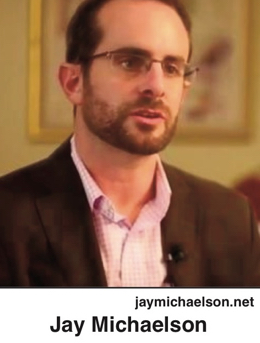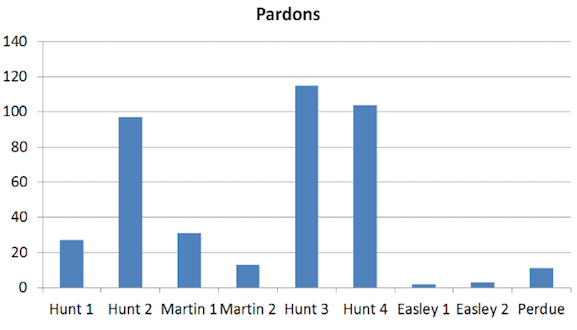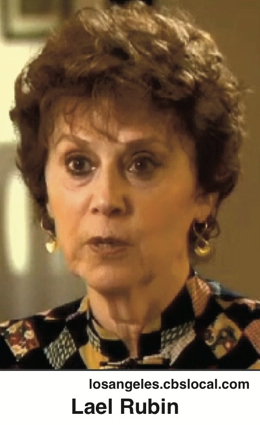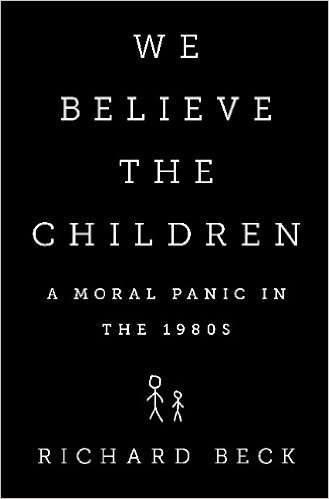Rascals case in brief
In the beginning, in 1989, more than 90 children at the Little Rascals Day Care Center in Edenton, North Carolina, accused a total of 20 adults with 429 instances of sexual abuse over a three-year period. It may have all begun with one parent’s complaint about punishment given her child.
Among the alleged perpetrators: the sheriff and mayor. But prosecutors would charge only Robin Byrum, Darlene Harris, Elizabeth “Betsy” Kelly, Robert “Bob” Kelly, Willard Scott Privott, Shelley Stone and Dawn Wilson – the Edenton 7.
Along with sodomy and beatings, allegations included a baby killed with a handgun, a child being hung upside down from a tree and being set on fire and countless other fantastic incidents involving spaceships, hot air balloons, pirate ships and trained sharks.
By the time prosecutors dropped the last charges in 1997, Little Rascals had become North Carolina’s longest and most costly criminal trial. Prosecutors kept defendants jailed in hopes at least one would turn against their supposed co-conspirators. Remarkably, none did. Another shameful record: Five defendants had to wait longer to face their accusers in court than anyone else in North Carolina history.
Between 1991 and 1997, Ofra Bikel produced three extraordinary episodes on the Little Rascals case for the PBS series “Frontline.” Although “Innocence Lost” did not deter prosecutors, it exposed their tactics and fostered nationwide skepticism and dismay.
With each passing year, the absurdity of the Little Rascals charges has become more obvious. But no admission of error has ever come from prosecutors, police, interviewers or parents. This site is devoted to the issues raised by this case.
On Facebook
Click for earlier Facebook posts archived on this site
Click to go to
Today’s random selection from the Little Rascals Day Care archives….
Click for earlier Facebook posts archived on this site
Click to go to
Today’s random selection from the Little Rascals Day Care archives….
Immunity lets off miscreant prosecutors scot-free
 Aug. 9, 2015
Aug. 9, 2015
“Suppressing evidence, coddling informants, even outright lying are some of the instances of prosecutorial misconduct that sent away nearly half the 1,621 people convicted for crimes they didn’t commit since 1989, according to the University of Michigan Law School’s National Registry of Exonerations. These are only the cases we know about, surely only a small fraction of the wrongly convicted….
“In a 2011 report on 707 such cases, only six prosecutors (none in “satanic ritual abuse” day-care cases) were disciplined. Almost all still have their licenses, and are still practicing law….
“Prosecutors are granted immunity for most kinds of misconduct. It’s easy to see the reasons for this policy: otherwise, every well-heeled convict would sue, clogging the system and making it impossible for prosecutors to do their jobs. At the same time, that immunity is so absolute that prosecutors simply get off scot-free, even when misconduct is established. Even worse, most states lack any meaningful oversight of prosecutors: no commissions, no review boards, nothing.
“America is the only country in which many prosecutors are elected…. The disciplinary commission that sanctioned Mike Nifong – prosecutor of the Duke lacrosse team on false rape charges – noted his upcoming primary election as a motivating factor for his misconduct. The pressure to produce wins has led to a ‘win-at-all-costs’ mentality in some offices, especially when voters reward such behavior.”
– From “It’s Not Just Bad Cops: Prosecutors Run Wild” by Jay Michaelson at the Daily Beast (Aug. 8)
For whatever reason, voters in the First Judicial District declined to “reward such behavior” by Little Rascals prosecutors H. P. Williams Jr. and Nancy Lamb. District Attorney Williams failed to win re-election in 1994, and Lamb lost her bid for DA in 2014.
Clemency now rare; is it fear of blowback?
 Dec. 8, 2013
Dec. 8, 2013
“Obviously, there’s a modern trend towards more limited use of executive clemency that extends beyond the current president. I speculate that the increased media scrutiny given to pardons and commutations has made presidents reluctant to exercise clemency…..
“The same trend… may be present in North Carolina as well…. Most of Governor Easley’s pardons were in cases in which DNA evidence exonerated the defendant, while almost all of Governor Perdue’s pardons concerned the racially tainted Wilmington 10 cases…. It is too early to tell how much, or how little, Governor McCrory will exercise executive clemency.”
– From “Do Only Turkeys Get Pardons?” by Jeff Welty at the North Carolina Criminal Law blog (Dec. 5)
The chart above, compiled by Welty, a faculty member at the University of North Carolina School of Government, depicts poignantly the odds faced by Junior Chandler and others pursuing clemency from recent North Carolina governors.
Since Jim Hunt left office in 2001, pardons have become historically scarce, paralleling the drop-off at the presidential level. But that smattering of clemency, as Welty points out, is most like to occur in December, under cover of the Christmas spirit.
Second thoughts from a ‘ritual abuse’ prosecutor?
 Aug. 17, 2014
Aug. 17, 2014
“I’m not comfortable commenting on any of them at this point in time.”
– Lael Rubin, formerly the lead prosecutor in the McMartin Preschool case, declining to say whether she still thinks the defendants were guilty
That’s not the only eyebrow-raiser in this recent 30-years-after piece by a Los Angeles TV station.
Rubin contends that “The strongest evidence, the physical evidence, the medical evidence, I think was very significant.” But Kevin Cody, who logged more hours in the courtroom than any other journalist, confirms my impression that the prosecution actually produced “zero medical evidence of abuse.”
Finally, Rubin credits the McMartin case with improvements in the interviewing of children: “The criminal justice system, interviewers and police, law enforcement are much more concerned about eliciting information from children, as opposed to giving them clues.”
This is disingenuous. Like John E. B. Myers, Kee MacFarlane and Sylvia Gillotte – Rubin tips her hat to progress but refuses to take the logical next step: admitting the injustices issuing from those McMartin-style interrogations.
At last, book lays bare ‘satanic ritual abuse’ era
 Aug. 10, 2015
Aug. 10, 2015
Since I undertook this blog in 2011, I’ve been waiting for a mass-market book that recalls the “satanic ritual abuse” day-care era with authority, insight and thoroughness.
“We Believe the Children: A Moral Panic in the 1980s” comes pretty darn close to meeting that standard. (I do wish author Richard Beck had addressed the significant post-panic contributions of Richard Noll and Allen Frances.)
I’ll be posting excerpts from the book and later an interview with Beck.
Meanwhile, I’ve been pleased to see the reviews in the news media – so far, all largely appreciative.
“…This book does a devil of a job correcting… all the lies and self-deceptions, so credulously believed in the 1980s….”
– From “Child Abuse Cases Endure as Lessons in Hysteria” by Mark Oppenheimer in The New York Times (Aug. 6)
“ ‘We Believe the Children’ should serve to remind us of the dangers of the ‘we must believe the victim’ mindset in the case of any criminal offense. A faith-based pursuit of justice can lead to a miscarriage of justice.”
– From “What Fueled the Child Sex Abuse Scandal That Never Was?” by Lizzie Crocker at the Daily Beast (Aug. 3)
“ ‘We Believe the Children’ reveals the various combinations of ignorance, venality, arrogance and zealotry that characterized the major players who fueled the moral panic.”
– From “A Very Model Moral Panic” by Carol Tavris in the Wall Street Journal (Aug. 7)
Here also is a radio interview with Beck and – inevitably – a response from witch-hunt denier Ross Cheit.











0 CommentsComment on Facebook